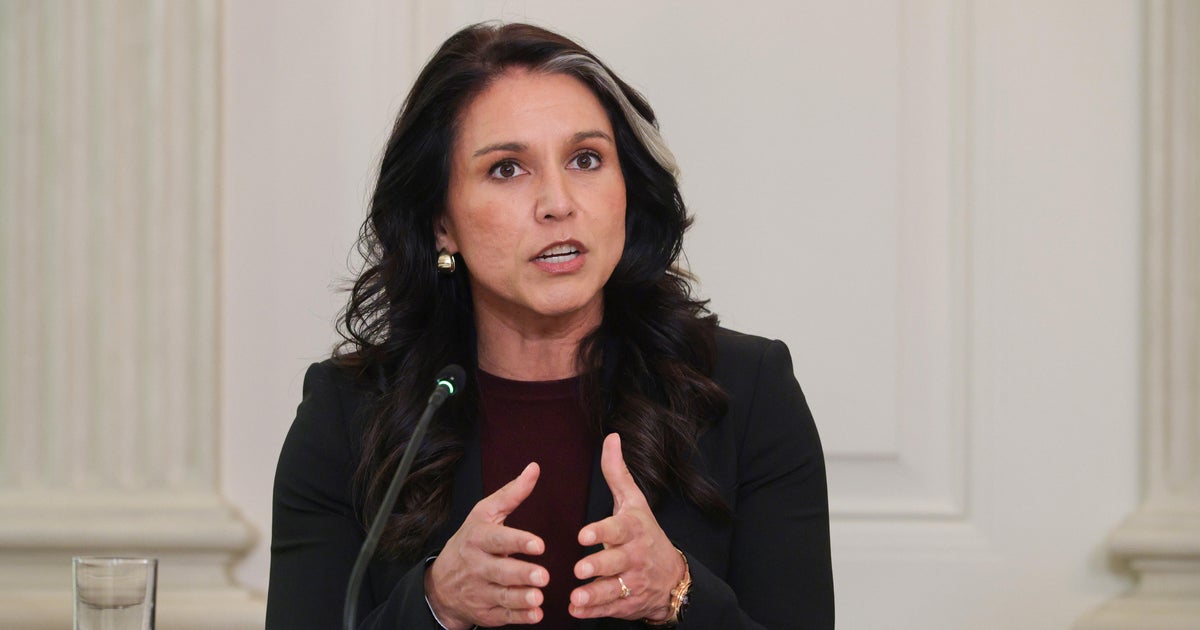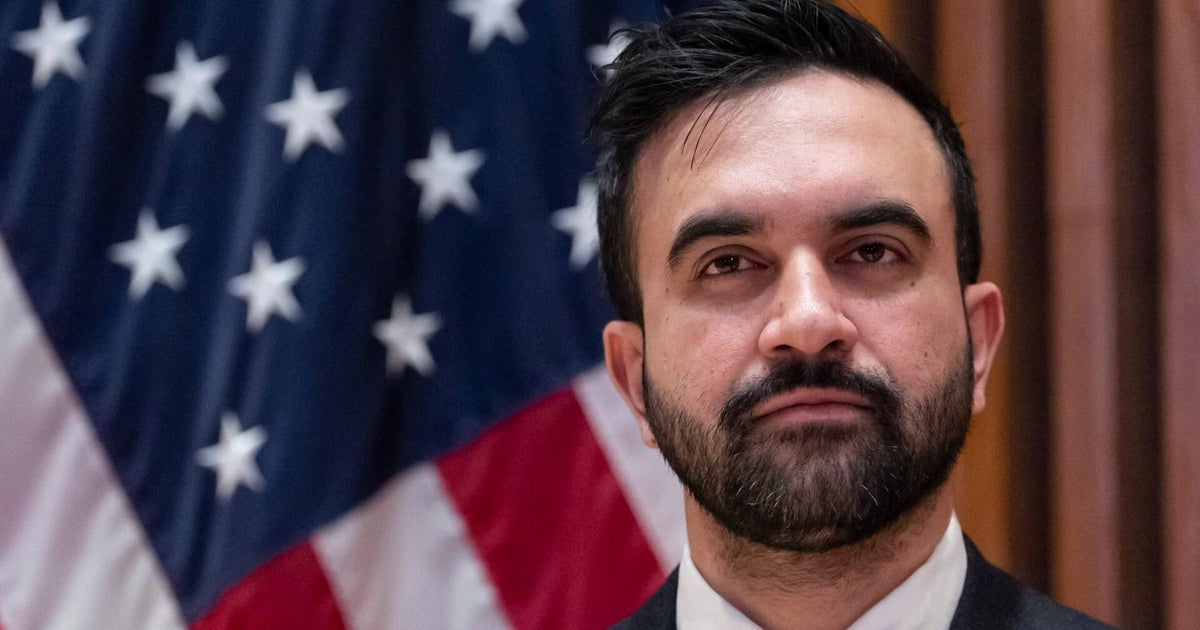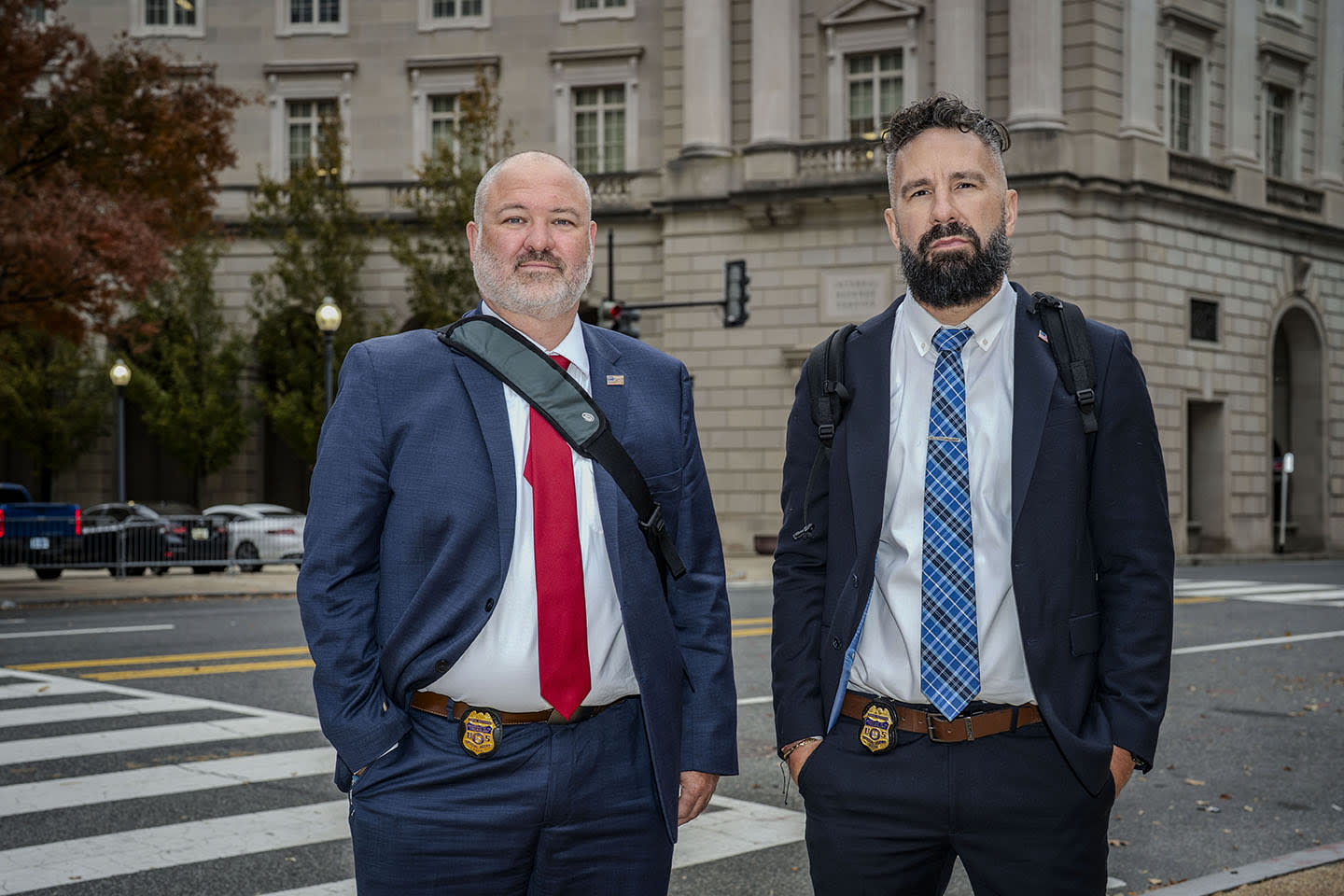Inspectors general push back on Justice Dept determination that whistleblower complaint wasn't "urgent concern"
The community of inspectors general across the federal government's agencies and departments, through the Inspectors General Council, wrote a letter to the Justice Department Friday pushing back against the determination that the whistleblower complaint that launched the against President Trump was not an "urgent concern." The council is an independent entity within the executive branch.
In August, the inspector general for the intelligence community determined that the whistleblower complaint about Mr. Trump's July 25 call with the Ukrainian president was credible and an "urgent concern" that should be shared with Congress.
However, the Office of Legal Counsel in the Justice Department decided that the complaint did not constitute an "urgent concern," arguing that the president is not a part of the national security community. The whistleblower's complaint was not disseminated to Congress until September, after the White House released a memo summarizing the call. The inspectors general expressed concern about what might be seen as second-guessing whistleblowers.
"If intelligence community employees and contractors believe that independent IG determinations may be second guessed, effectively blocking the transmission of their concerns to Congress and raising questions about the protections afforded to them, they will lose confidence in this important reporting channel and their willingness to come forward with information will be chilled," the letter from the inspectors general said.
And they feared what effect that could have on future whistleblowers.
"This concern is not limited to the intelligence community but will have a chilling effect that extends to employees, contractors, and grantees in other parts of the government, who might not consider it worth the effort and potential impact on themselves to report suspected wrongdoing if they think that their efforts to disclose information will be for naught or, worse, that they risk adverse consequences for coming forward when they see something they think is wrong. That would be a grave loss for IG oversight and, as a result, for the American taxpayer," the letter continued.
Mr. Trump has frequently criticized the whistleblower, and questioned the whistleblower's integrity and identity. He has also called on the whistleblower to come forward.
"Where's the whistleblower?" Mr. Trump tweeted on Wednesday.
The whistleblower's lawyers said in a Washington Post opinion piece that now, after so many witnesses have been deposed by Congress, "[m]uch of what has been disclosed since the release of our client's complaint actually exceeds the whistleblower's knowledge of what transpired at the time the complaint was submitted."
"Because our client has no additional information about the president's call, there is no justification for exposing their identity and all the risks that would follow," they wrote.
The letter from the inspectors general comes as the impeachment inquiry intensifies, and as Democrats have raised concerns about the impartiality of the Justice Department and Attorney General William Barr. The Justice Department upgraded its probe into the origins of the Russia investigation from an administrative review to a criminal investigation, a person familiar with the information confirmed to CBS News on Thursday.
The investigation is being overseen by Barr and being run by Connecticut U.S. Attorney John Durham. Durham has been examining whether the government's intelligence collection efforts related to Trump associates were lawful and appropriate, both during the 2016 presidential campaign and after President Trump was inaugurated.
The vice chairman of the Senate Intelligence Committee, Senator Mark Warner, took umbrage at the move, tweeting that his committee "is wrapping up a three-year bipartisan investigation" of the same matter, "and we've found nothing remotely justifying this."
He went on to say that Barr's "'investigation' has already jeopardized key international intelligence partnerships" and added that Barr "needs to come before Congress and explain himself."
Paula Reid and Caroline Cournoyer contributed to this report



